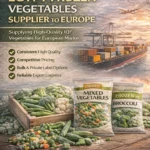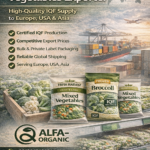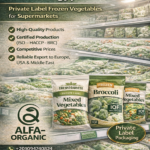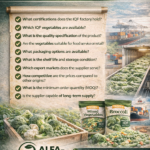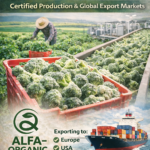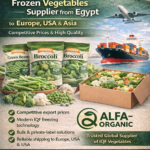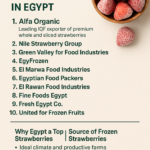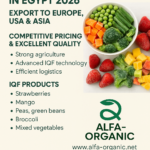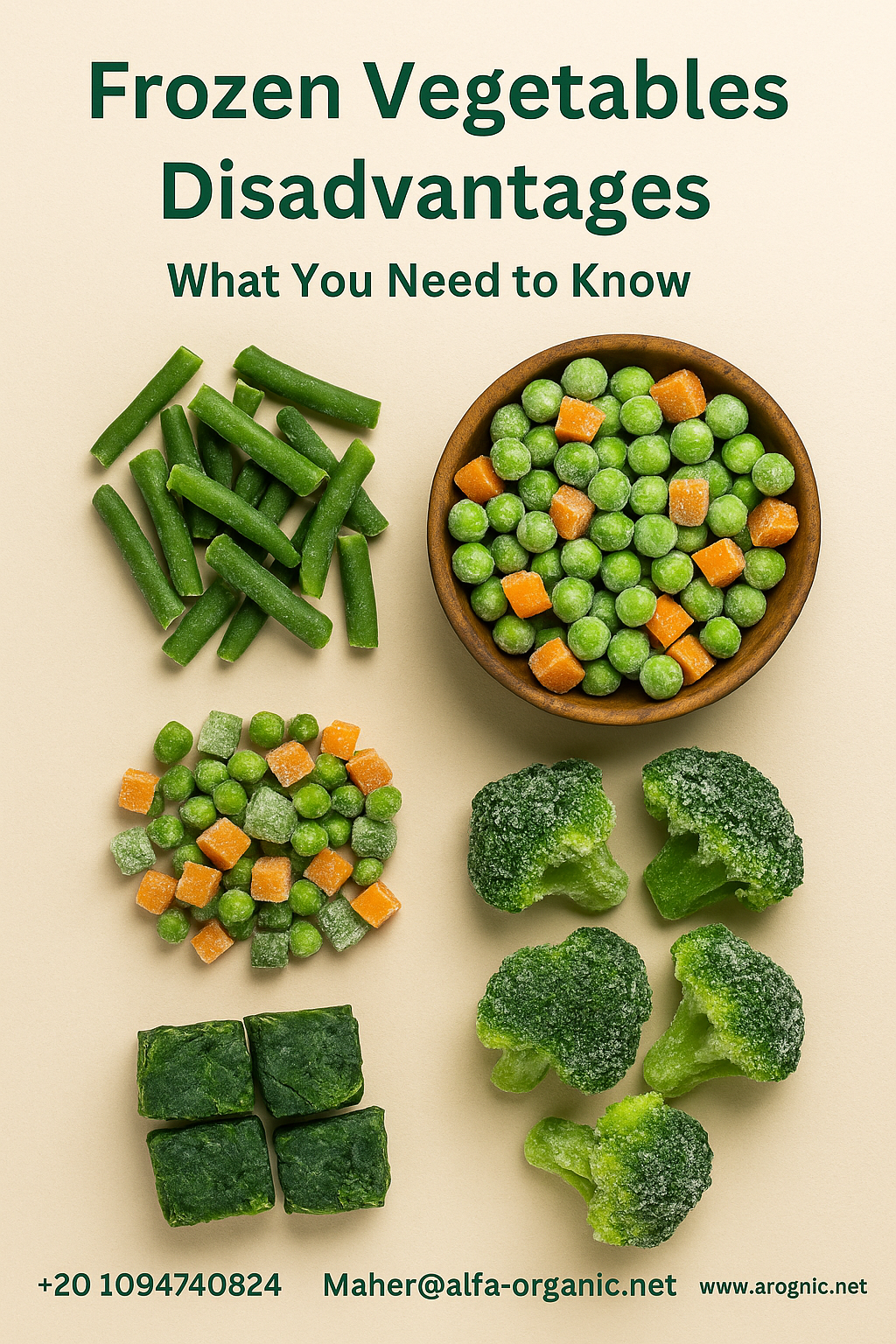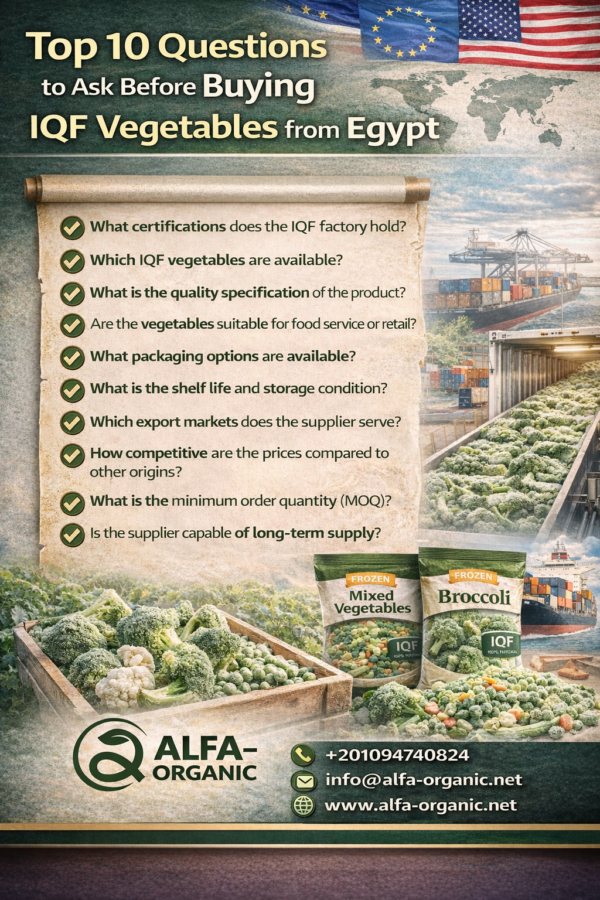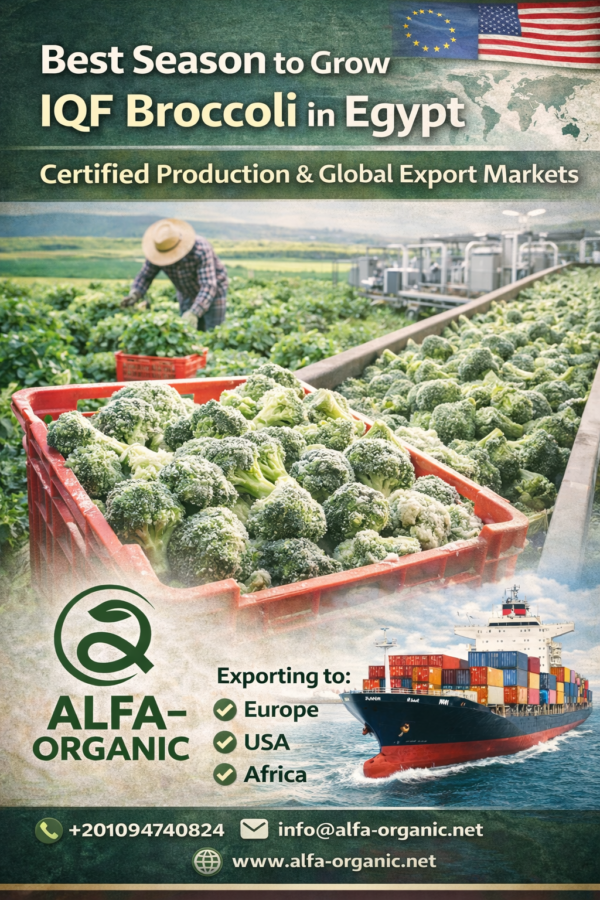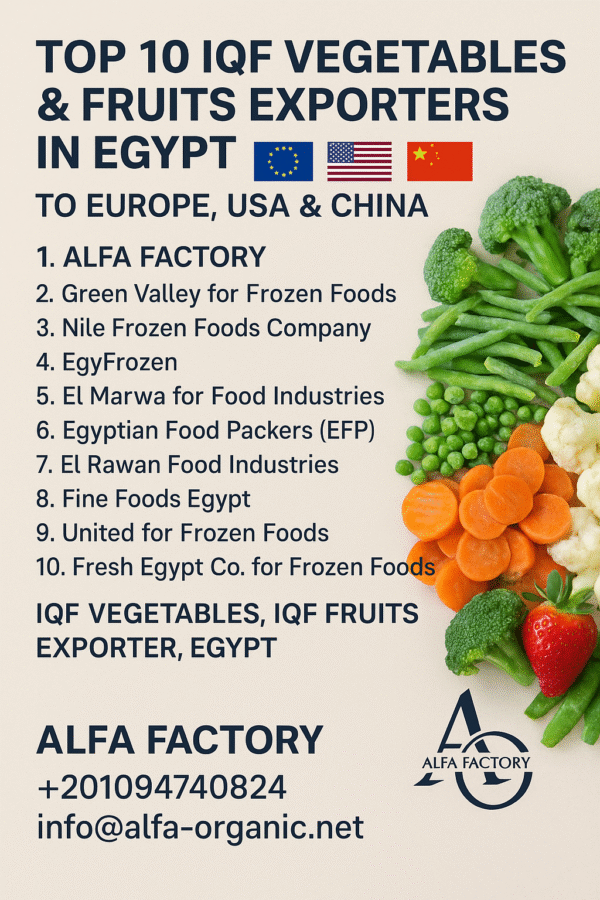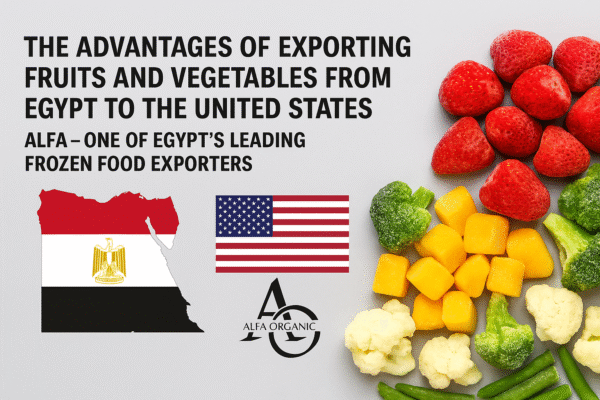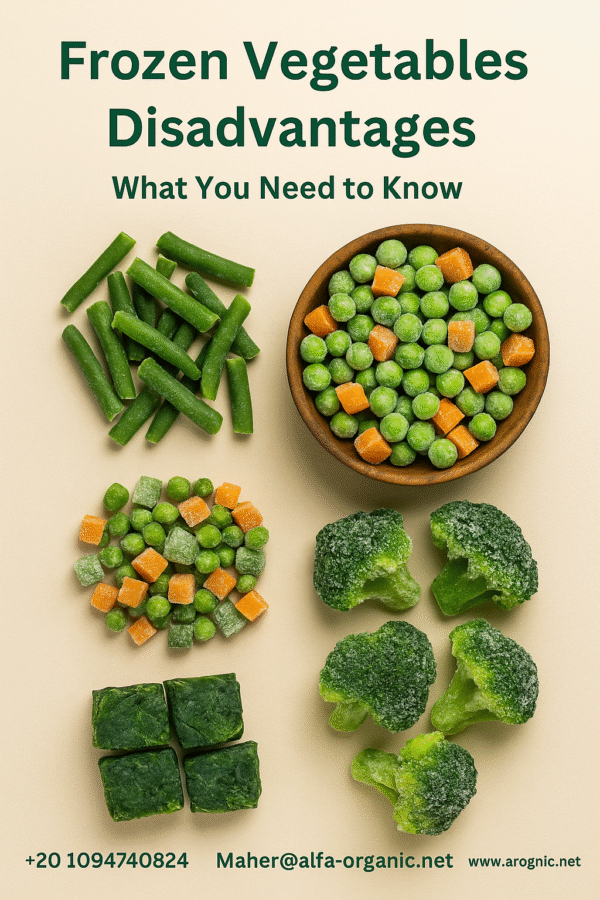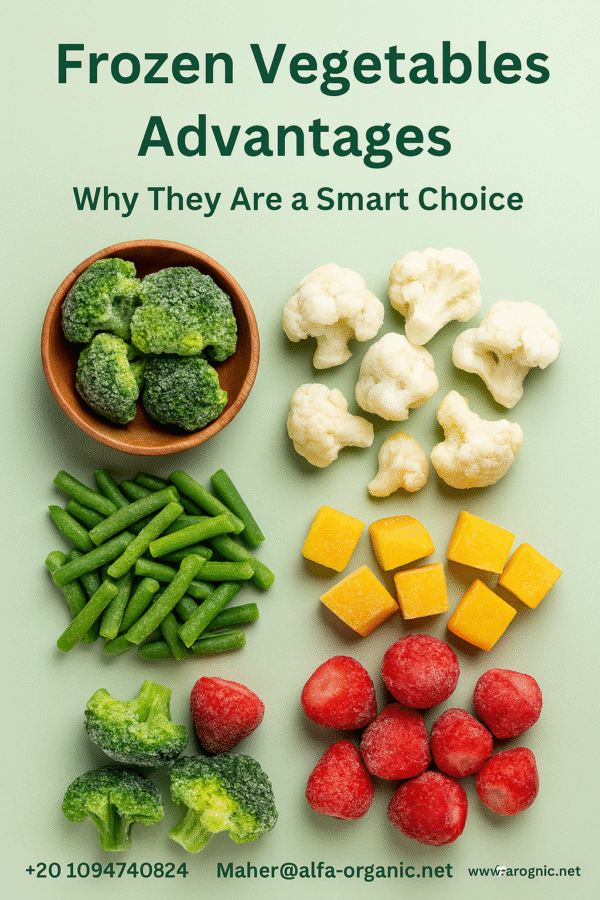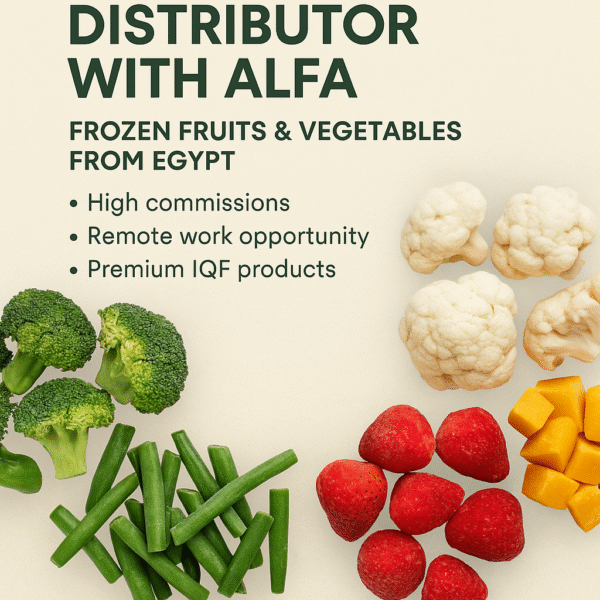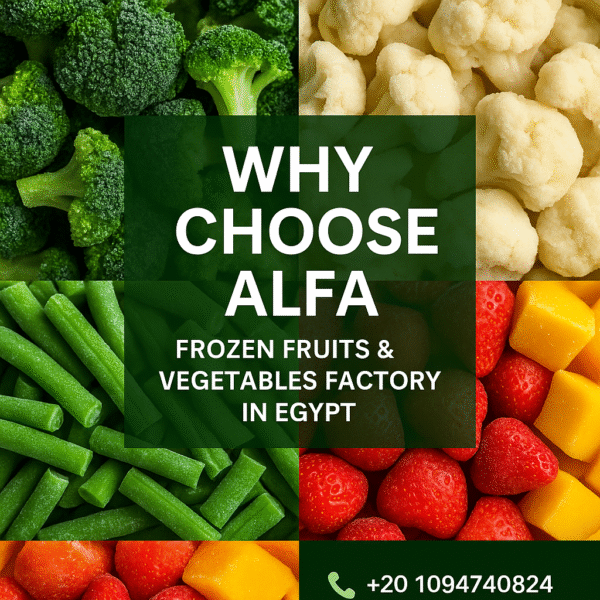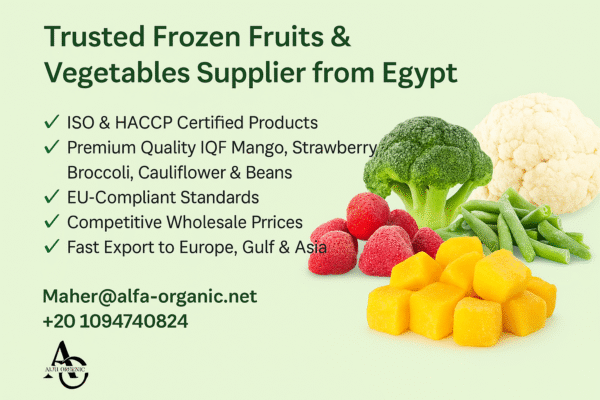🥦 Frozen Vegetables Disadvantages | What You Need to Know
Frozen vegetables have become an essential part of modern kitchens worldwide. They are convenient, easy to store, and available year-round. However, like any other food option, they also come with certain disadvantages that consumers should be aware of. This article explores the main frozen vegetables disadvantages, helping you make better choices when planning your meals.
1. Possible Loss of Nutrients
Although freezing preserves most vitamins and minerals, some nutrients, particularly Vitamin C and B vitamins, may degrade during the blanching process before freezing. This means frozen vegetables might not always match the nutrient density of fresh ones.
2. Changes in Texture and Flavor
One of the main disadvantages of frozen vegetables is the change in texture.
-
Vegetables like broccoli, cauliflower, and spinach may become softer or soggy after thawing.
-
Freezing can also slightly alter the natural flavor, making them less fresh-tasting compared to farm-to-table produce.
3. Limited Variety
Not all vegetables are available in frozen form. Leafy greens, cucumbers, and some herbs are rarely found frozen because they do not retain good quality after the freezing process. Consumers may feel limited in their choices compared to fresh produce.
4. Risk of Added Ingredients
Some frozen vegetables come with added salt, sauces, or preservatives to enhance taste or extend shelf life. These additions can reduce their overall health benefits, making them less suitable for people on low-sodium diets.
5. Storage and Freezer Burn Issues
Frozen vegetables must be stored at -18°C or lower to maintain quality. If not stored properly:
-
They may develop freezer burn, affecting texture and taste.
-
Repeated thawing and refreezing can lead to spoilage and nutrient loss.
6. Less Suitable for Certain Dishes
Frozen vegetables are not always the best choice for salads or raw dishes, since freezing affects crispness. They are more suitable for cooked meals like soups, stews, and stir-fries.
7. Environmental Impact
Although freezing extends shelf life, it requires energy-intensive storage and transport systems, contributing to carbon emissions. Packaging waste from plastic bags also raises sustainability concerns.
Frequently Asked Questions (FAQ)
Q1: Are frozen vegetables less healthy than fresh ones?
Not always. While they may lose some vitamins during processing, they still remain nutritious and a convenient option.
Q2: Why do frozen vegetables taste different?
Because of water crystallization during freezing, which changes texture and flavor.
Q3: Can freezer burn make frozen vegetables unsafe?
No, freezer burn affects quality, not safety. However, it may reduce taste and texture.
Q4: Should I avoid frozen vegetables completely?
No, they are still a good option. But it’s important to be aware of the disadvantages and use them wisely.
Conclusion
While frozen vegetables provide convenience, affordability, and availability, they also come with some disadvantages such as nutrient loss, changes in texture, and storage issues. Consumers should balance between fresh and frozen options depending on their dietary needs, budget, and lifestyle.
✨ The key is moderation – frozen vegetables are helpful, but they should not fully replace fresh produce.

